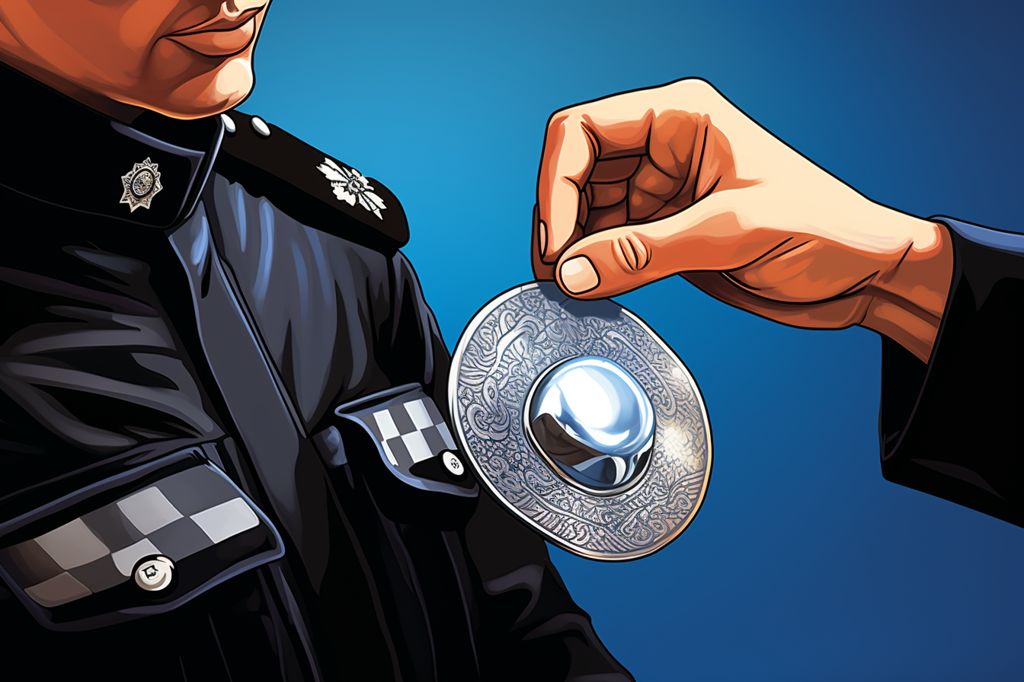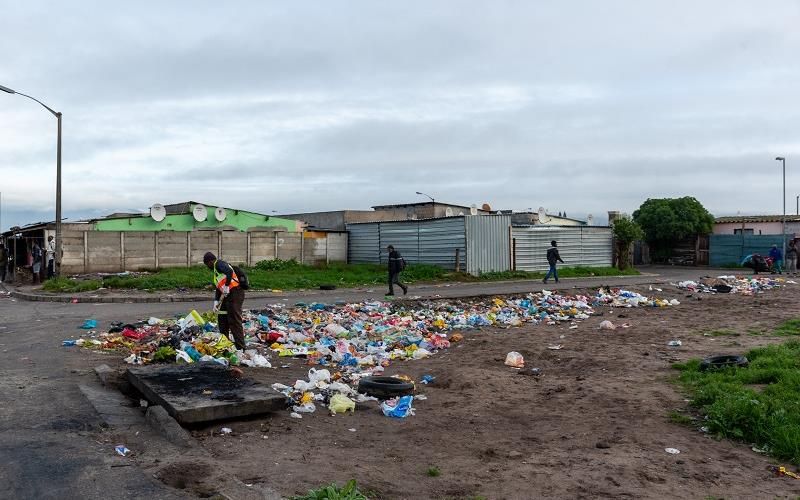The Western Cape region of South Africa has successfully controlled the H5N1 avian influenza virus, with no new cases reported since June 2023. The poultry industry, a major part of the country’s economy and job creation, has seen significant growth. The Western Cape Department of Agriculture encourages farmers to adhere to strict biosecurity measures, including passive and active surveillance and preventing contact between poultry and wild birds to reduce the risk of future outbreaks.
The Western Cape region of South Africa has successfully managed to avoid any new cases of avian influenza since June 2023. Even though the province has managed to control the H5N1 high pathogenicity avian influenza (HPAI) virus to some extent, Western Cape Minister of Agriculture, Dr. Ivan Meyer, continues to encourage poultry farmers to adhere to strict biosecurity measures.
Overcoming the H5N1 Outbreak
Between April and June 2023, the Western Cape experienced seven outbreaks of the H5N1 HPAI virus. Dr. Laura Roberts, State Veterinarian: Epidemiology with the Western Cape Department of Agriculture, disclosed that more than 1.5 million birds were exposed to the virus during these outbreaks, and almost 1.4 million were culled.
Nevertheless, the province has made substantial progress in recent months. By August 2023, five of the seven outbreaks were considered resolved, as the farms responsible underwent an extensive process of depopulation, cleaning, and disinfection under the supervision of the State Veterinarian. Quarantines on these farms were subsequently lifted, and the resolved outbreaks were reported to the Department of Agriculture, Land Reform and Rural Development (DALRRD) and the World Organisation of Animal Health (WOHA).
The last two farms are nearing the resolution of their outbreaks, with one farm’s quarantine already lifted and the other farm undergoing a final round of cleaning and inspection.
The Significance of the Poultry Sector
The poultry industry, which forms a substantial portion of South Africa’s agricultural economy, has witnessed significant growth in recent years. The South African Poultry Association estimates that the gross value added (GVA) of the broiler industry rose from R47 billion in 2019 to R59 billion in 2022, while the GVA of the layer industry increased from R10.6 billion in 2019 to R12.6 billion by the end of 2022.
In addition, the industry plays a vital role in job creation. Dr. Meyer mentioned that during 2022, the poultry sector created over 52,030 direct jobs, with employment spread across hatcheries and rearing, processing, and broiler distribution.
Guarding Against Avian Influenza
To reduce the risk of future outbreaks, Minister Meyer emphasized the significance of passive surveillance, which entails farmers, private veterinarians, and animal health officials reporting any unusual occurrences in poultry farming enterprises. Active surveillance, such as biannual random sampling of all poultry establishments, is another crucial element of the province’s disease management.
Dr. Roberts provided a series of general recommendations to prevent disease transmission between farms, which include:
- Discouraging the movement of birds between provinces
- Verifying the health of birds before introducing them to farms
- Isolating new birds for two weeks prior to integration
- Restricting visits from individuals who have recently been in contact with poultry
- Cleaning and disinfecting vehicles entering and leaving properties
- Utilizing footbaths for footwear disinfection when entering and exiting poultry houses
- Preventing poultry from coming into contact with wild birds and their bodily fluids
Although the risk of avian influenza to humans is low, the Western Cape Department of Agriculture advises the public to refrain from handling dead birds. Individuals should also exercise caution when handling or slaughtering potentially infected poultry by using gloves, masks, and eye protection.
Maintaining a Forward-Thinking Attitude
The Western Cape’s approach to avian influenza demonstrates the significance of proactive disease management strategies in protecting the region’s poultry industry and the wider agricultural economy. By adhering to strict biosecurity measures, farmers can safeguard their livelihoods and continue to contribute to the sustainable growth of South Africa’s poultry sector.
1. Has the Western Cape region of South Africa successfully controlled the H5N1 avian influenza virus?
Yes, the Western Cape region of South Africa has successfully controlled the H5N1 avian influenza virus, with no new cases reported since June 2023.
2. How has the poultry industry in South Africa performed in recent years?
The poultry industry in South Africa has witnessed significant growth in recent years, with the gross value added (GVA) of the broiler industry rising from R47 billion in 2019 to R59 billion in 2022, and the GVA of the layer industry increasing from R10.6 billion in 2019 to R12.6 billion by the end of 2022.
3. How many birds were exposed to the H5N1 virus during the outbreaks in the Western Cape?
More than 1.5 million birds were exposed to the H5N1 virus during the outbreaks in the Western Cape between April and June 2023.
4. How many birds were culled during the H5N1 outbreaks in the Western Cape?
Almost 1.4 million birds were culled during the H5N1 outbreaks in the Western Cape between April and June 2023.
5. What are some general recommendations to prevent disease transmission between farms?
To prevent disease transmission between farms, individuals can follow general recommendations such as discouraging the movement of birds between provinces, verifying the health of birds before introducing them to farms, isolating new birds for two weeks prior to integration, and preventing poultry from coming into contact with wild birds and their bodily fluids.
6. Is the risk of avian influenza to humans high?
No, the risk of avian influenza to humans is low, but individuals should still exercise caution when handling or slaughtering potentially infected poultry by using gloves, masks, and eye protection.
7. What is the significance of passive surveillance in disease management?
Passive surveillance is significant in disease management as it entails farmers, private veterinarians, and animal health officials reporting any unusual occurrences in poultry farming enterprises.
8. How can farmers safeguard their livelihoods and contribute to the sustainable growth of South Africa’s poultry sector?
Farmers can safeguard their livelihoods and contribute to the sustainable growth of South Africa’s poultry sector by adhering to strict biosecurity measures and proactive disease management strategies.








